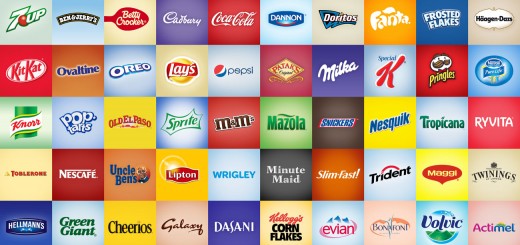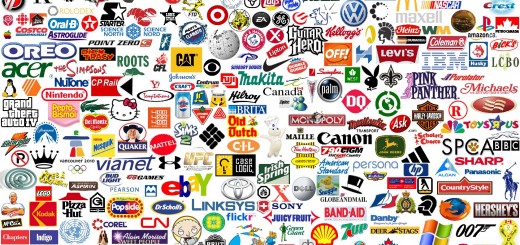#ReThink: Tech startups – Too fast, too furious
Company A is an eight-year-old entity that has been operating at a loss from launch to date. In the last 12 months, it has more than doubled in valuation. Company B is three years old, spends more than double its net revenue on marketing alone, and reportedly chalked up a net loss of USD 127 million in the first half of 2015. During that same stellar trading period, its valuation jumped 100 per cent. It’s a mad world.
Company A is Indian online marketplace Flipkart. Though making a loss of INR 2.33 for every INR 1 in net revenue, Flipkart is valued at USD 15.2 billion—more than Indian Oil Corporation, the 51-year-old state-owned oil corporation. Company B is Uber’s largest ride-sharing competitor from the US, Lyft. Recently leaked financials revealed unhealthy numbers and acknowledgement that Lyft will not be profitable in the near future. Still, its latest valuation stands at USD 4 billion, up from USD 2 billion in just February this year.
This high-loss-high-valuation narrative is becoming commonplace globally as more startups join in the race to acquire customers at seemingly any cost. When the grand prize is so attractive, who can blame investors for indulging these startups with sky-high valuations based on future earnings? Flipkart has its eyes on the USD 600 billion total retail market in India, while Lyft stands to gain a significant portion of the massive US ground transportation and logistics business.
Such easy access to funding enables and even encourages irresponsible spending, eroding the virtue of prudence in operating businesses. The cash-burn rates of some of these startups are just startling, offering massive discounts to customers and compromising the bottom line. Consumers have the last laugh as they sit back and enjoy the price-slashing show.
High cash-burn rates may be feasible for certain companies with deep pockets, for a fixed period. But it certainly is no one-size-fits-all model for tech startups across various industries, as the evidence is starting to show.
Here’s what’s happening in India alone. New Delhi-based food tech startup Zomato and Mumbai-based food tech TinyOwl both just laid off at least 300 employees. Mumbai-based real estate startup Housing.com has since fired another few hundreds of its employees. Vizury, an Indian retargeting firm that raised several rounds of funding, just announced last week that it has laid off at least 50 employees and is changing its core business to data management instead of retargeting.
The case of Vizury suggests that the phenomenon of fast and furious growth and overstated valuations encroaches into the ad tech space too. It further emphasises the need for advertisers to be highly discerning in choosing ad tech partners whose growth and revenue are grounded in sustainable practices. Don’t be easily taken in by low campaign costs. Instead, question hard how ad tech partners intend to fulfill these costs. Is it by strong capabilities or by subsidies from fundings raised? What levels of performance do they propose to deliver?
Let’s slow down and go back to the basics of business. To build a product that solves a real problem justifies a business. But sustainable cash flows and a clear path to profitability are what keep it alive after. A gentle reminder to startups to keep these in mind lest they crash and burn.
The post #ReThink: Tech startups – Too fast, too furious appeared first on Digital Market Asia.



